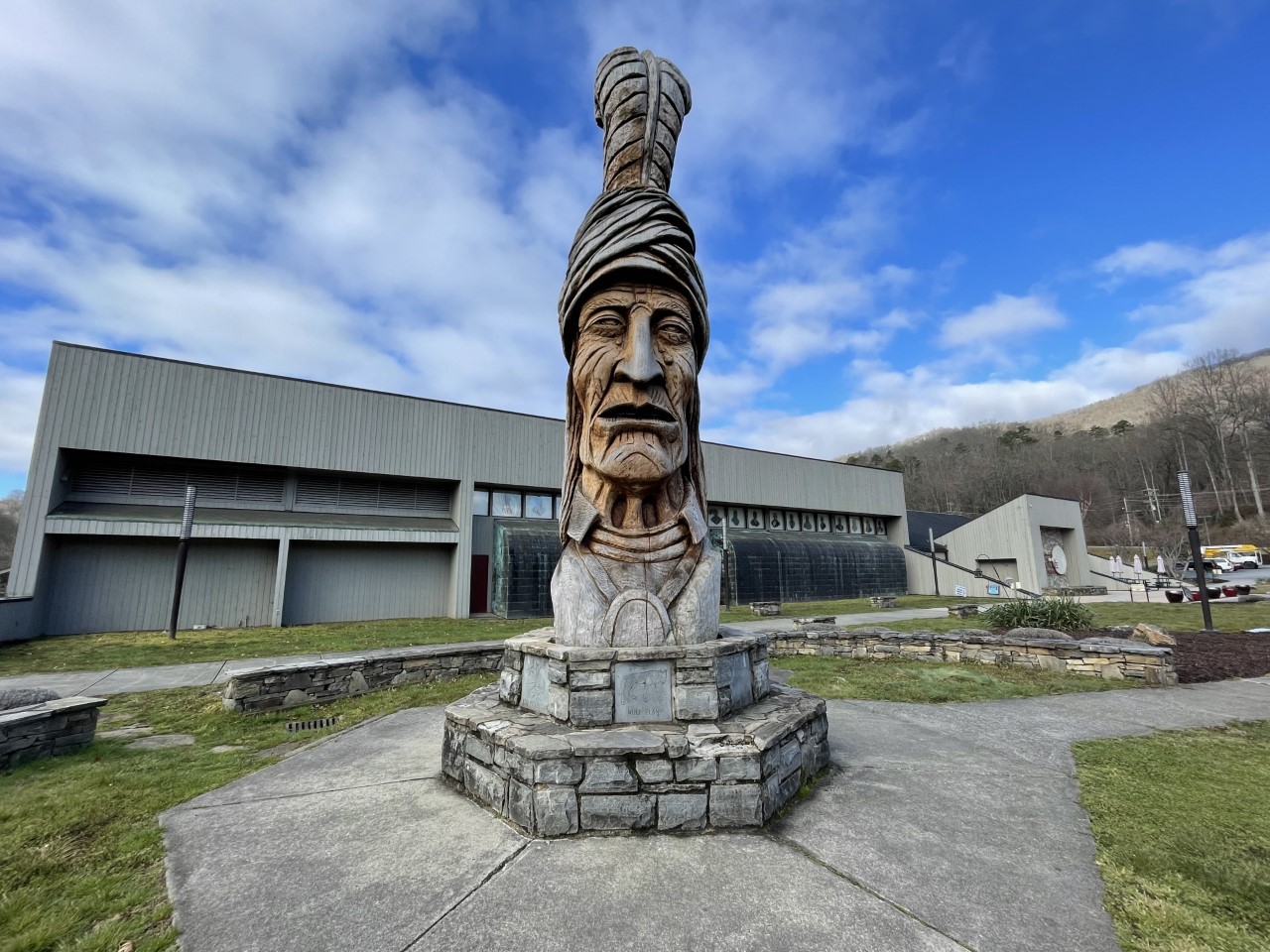According to the Language Conservancy, a nonprofit focused on revitalizing indigenous languages in the United States, there are more than 7,000 languages spoken around the world. That number, however, is steadily declining with 41 percent of those languages endangered – meaning its likely to become extinct soon.
The Language Conservancy estimates, at current rates of decline, 90 percent of all languages will become extinct in the next 100 years. A team of UNC researchers is working to change that by creating a new translation model to save the Cherokee language.
Across the country there are about 2,000 Cherokee speakers, but in North Carolina less than 200 native Cherokee speakers remain.
Ben Frey, a UNC American Studies professor, said the decline dates back to the 19th and 20th centuries when Native American children were put in federal boarding schools and beaten for speaking their native tongue.
When those children came back from boarding school, Frey said places in their community, like factories and restaurants, were no longer native speaking spaces.
“Once there were fewer and fewer social domains, it began to be more and more difficult to use the language,” Frey said. “You had to use English when you were out in public. Once kids are born and they don’t hear the language in the home while they’re growing up, then they don’t learn it.”
Frey said the first generation who grew up without Cherokee in their homes was in the 1950s. This trend is continuing as fewer and fewer people are learning the language.
For languages like Spanish, there’s an economic interest in learning the language, which Frey said isn’t there for the Cherokee language.
“For the Qualla Boundary, there’s just not enough of us,” Frey said. “We don’t represent a great enough economic interest.”
Creating a translation model for Cherokee isn’t easy. Frey said Cherokee is a relationship focused language – meaning words without the context of the sentence they’re in cannot always be translated as accurately.
Frey said Myrtle Driver Johnson of the Eastern Band of Cherokee Indians spent three years translating the novel “Charlotte’s Web” because she needed to navigate the complex cultural language differences to translate the entire book.
Frey used translations like Johnson’s to set the groundwork for his own translation model.
“Ultimately you could build up to a point where you were doing automatic translation,” Frey said. “That was beyond my expertise. I consulted Mohit Bansal and Shiyue Zhang in computer science and that was sort of where this project came from.”
The research team created an online Cherokee-English translator. The translation model can allow for quicker and easier translation of documents from English to Cherokee. He said this could help students on the Qualla Boundary learning the Cherokee language.
This work could also help to revitalize other languages in danger of becoming extinct.
“A language encodes basically our culture, our very soul,” Frey said. “It connects us to generations of our ancestors. A lot of people would say it’s who we are.”
Frey said there’s great value in learning the history of the Cherokee people through their language as its existed for thousands of years in North Carolina.
“People ask, ‘What’s the benefit?’” Frey said. “One of the questions we should be asking is, ‘Do we value justice?’ It is not just an accident that these certain languages sort if faded away. They were actively targeted by government programs bent of ‘civilization and assimilation.’”
The Cherokee translation model is in a demo mode. As more native speakers work with it, Frey said the algorithm will continue to get better.
Featured photo via Megan May / UNC Endeavors Magazine
Chapelboro.com does not charge subscription fees. You can support local journalism and our mission to serve the community. Contribute today – every single dollar matters.




